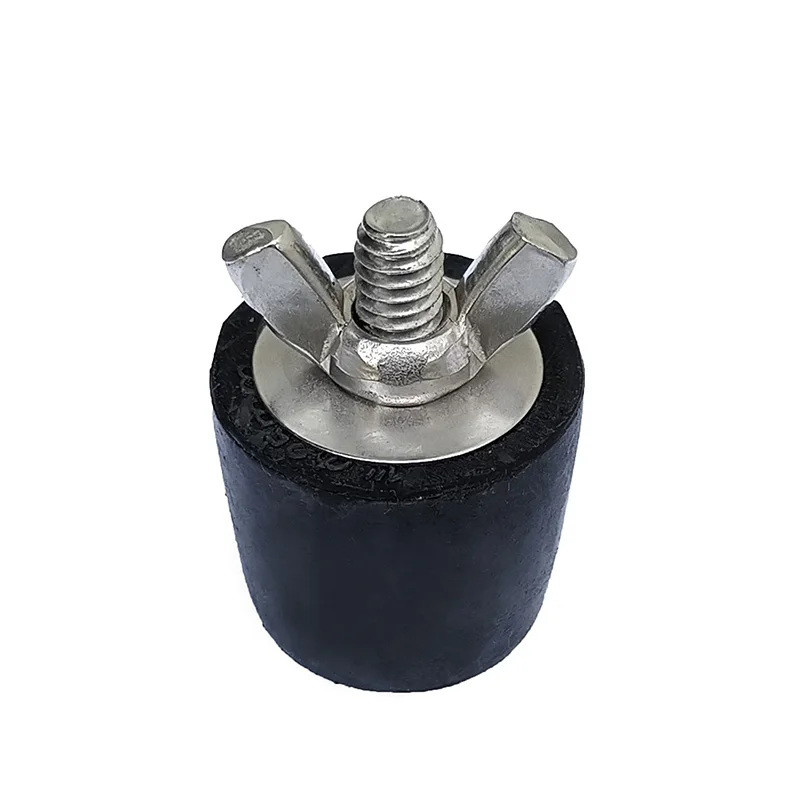To install a copper pipe in a pool skimmer, you will need to make sure the correct fittings are available and that the pipe is cut to size. You should start by turning off any power supply for the pool pump or filter, then disconnecting any existing pipes from the skimmer. Next, measure and cut your copper pipe to fit into the skimmer, making sure it reaches as far down as needed.
Use Teflon tape around each of your fittings before attaching them together with pressure clips. Once all pieces are connected firmly, connect one end of the new copper pipe to an elbow fitting and tighten securely. Finally, attach the other end of your new copper pipe back into place at the intake side of your pool’s circulation system; this will complete installation of your new copper piping in the pool skimmer!
Installing copper piping in your pool skimmer is a great way to ensure that the water coming out of your pool’s filtration system is clean and clear. Copper has strong anti-bacterial properties, making it an excellent choice for keeping bacteria levels low in your pool. Additionally, copper pipe installation is relatively easy and can be done with basic plumbing tools.
The job should only take a few hours, depending on the size of the pool and complexity of the skimmer design. With proper maintenance, you’ll enjoy crystal clear water all summer long thanks to your new copper piped skimmer!
Copper Pennies in Swimming Pool
Copper pennies can be a dangerous addition to your swimming pool. Although the copper content in one penny is not enough to cause harm, a large number of pennies can corrode and discolor the interior of your pool. Additionally, if swallowed by someone in the pool, it could lead to an upset stomach or other digestive issues.
It’s best to avoid throwing coins into your swimming pool altogether!
Copper Pipe Algae Control
Copper pipe algae control is an effective way to prevent the growth of algae in water systems. Copper pipes are used because they have antimicrobial properties which inhibit the growth of bacteria and other microorganisms, including algae. Copper can be used as a long-term solution for controlling algae since it does not degrade over time like some other chemicals might do.
Additionally, copper is safe for use around humans and animals and can be a cost-effective method when compared to more aggressive treatments such as chlorine or bromine.
Does Copper Kill Algae in Pools
Copper is a natural algaecide and can be used to help kill algae in pools. Copper ions inhibit the growth of certain types of algae, while not affecting the pH balance or chlorine levels of a pool. When used correctly, copper can provide an effective and safe solution for eliminating algae from swimming pools.

Credit: www.alibaba.com
Does Putting Copper in Skimmer Help?
Yes, putting copper in skimmer can help. It can offer many benefits such as:• Killing algae and bacteria: Copper is known to be a natural algaecide and bactericide which eliminates algae and bacteria growth in swimming pools.
• Preventing staining: Copper prevents the formation of calcium carbonate deposits on pool surfaces, thus preventing them from staining.
• Removing metals from water: Copper helps remove heavy metals like iron, manganese, and zinc from your pool water so that it stays clean and clear for longer periods of time.Overall, adding copper to the skimmer offers many advantages for maintaining a healthy swimming environment.
Does Putting a Copper Pipe in a Pool Help?
Yes, putting a copper pipe in a pool can be beneficial. Copper is known for its antibacterial and antimicrobial properties that help keep the water clean, and it is also less likely to corrode than other metals, making it ideal for pool use.The benefits of using copper pipes in pools include:
• Improved water quality: The anti-bacterial properties of copper help reduce algae growth and eliminate bacteria from the water.
• Increased durability: As mentioned above, copper pipes are more resistant to corrosion compared to other metals used in pools. This means they will last longer without needing replacement.
• Reduced cost: Using copper pipes is more economical than other materials since they don’t need frequent maintenance or replacements over time.
Does Copper Pipe in Pool Help With Algae?
Yes, copper pipe in a pool can help with algae growth. Copper is known to be an effective algaecide and it works by inhibiting the respiration process of algae.Benefits of using copper pipes in pools include:
• Killing existing algae colonies
• Preventing new colonies from forming
• Being environmentally friendly and safe for humans and plants
In addition, copper does not create any unpleasant odors or discoloration like some other chemicals used for controlling algae.
Does Copper Stop Algae Growth?
Copper is an effective agent for controlling algae growth. It works by chelating with the algal cell walls and destroying them:• Copper inhibits photosynthesis in algae, preventing it from getting nutrients needed to survive.
• Copper ions also damage the DNA of algae cells, preventing further growth and replication of organisms.
• A copper-based treatment can be used to control existing populations as well as prevent new ones from forming.
Overall, copper is a great tool for managing and controlling algae growth in water systems.
Copper pipe in your pool skimmer? Is this trend legit? #shorts
Conclusion
This blog post has provided a comprehensive overview of the process for putting copper pipe in a pool skimmer. From choosing the right type of copper pipe to getting it properly installed, this guide offers everything you need to know about the process. With careful planning and attention to detail, homeowners can successfully complete this project and have peace of mind that their pools are well-maintained and secure from potential damage or accidents.
